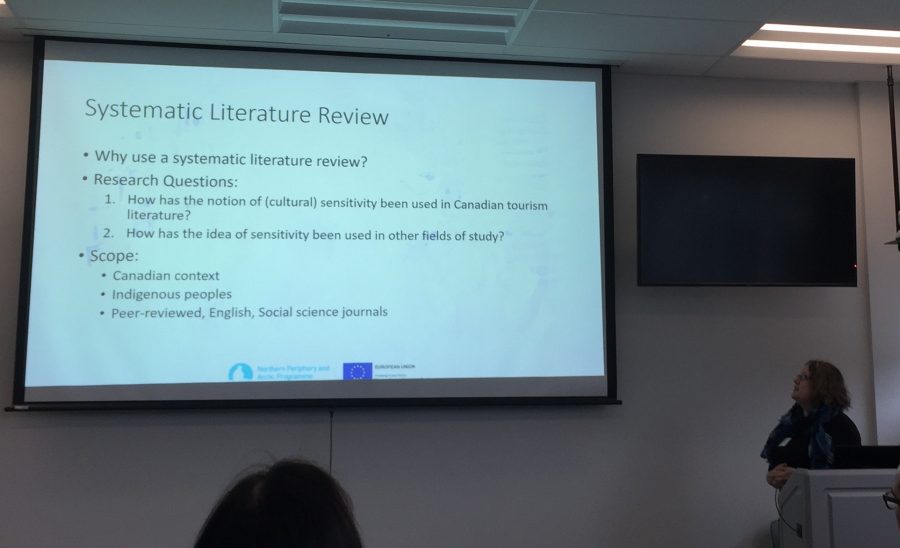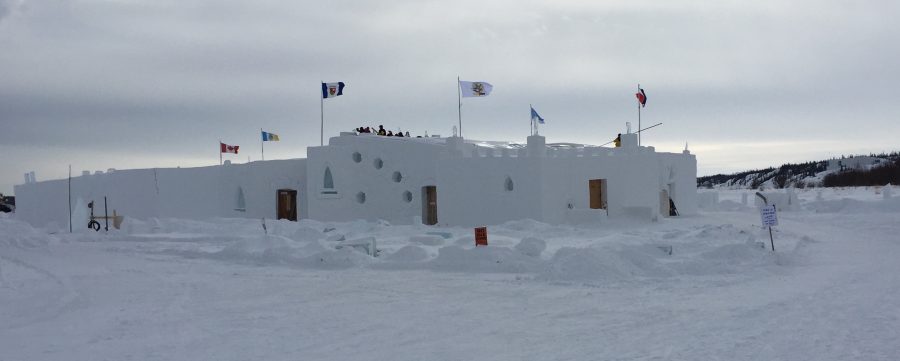Text: Chris E. Hurst, PhD student, University of Waterloo
Relationships between Indigenous and non-Indigenous peoples in Canada are complex and vary significantly across different parts of the country. The overarching legacy, however, is one of colonialism, attempts to force the assimilation of Indigenous cultures, and consistent displacement of Indigenous peoples from traditional lands. The impacts of these practices continue to be experienced by Indigenous communities. Recent efforts in Canada have been made to recognize this legacy, promote healing, and build and maintain relationships with Indigenous peoples. These include several commissions of inquiry, formal apologies, and reconciliatory initiatives at the local, provincial/ territorial and federal levels of government. The intended aims of these initiatives are linked to improving relationships between Indigenous peoples and non-Indigenous (including state representatives) living in Canada. Tourism has the potential to foster or thwart these efforts, especially in the northern territories of the Canadian Arctic.
Canada’s northern territories—Yukon, Northwest Territories, and Nunavut—account for 40% of the country’s landmass (NRCAN, 2017). More than 111,000 people live in the Canadian territories; over half of which identify as Indigenous (Statistics Canada, 2019). In recent years, the Canadian Territories have seen an increased demand for Indigenous tourism products and experiences; highlighting the need to examine how sensitivity is understood and applied in Canadian contexts, with specific consideration for Arctic settings.
Our team of researchers, Dr. Bryan Grimwood (Associate Professor), Chris Hurst (PhD student), and Michela Stinson (MA student) from the University of Waterloo, as well as Dr. Harvey Lemelin (Professor) at Lakehead University joined the ARCTISEN project to better understand the significance of cultural sensitivity to Arctic tourism in Canada and to identify opportunities to improve sensitivity domestically and within international tourism networks.

Chris E. Hurst speaking about Canadian literature review
A recent presentation at the 26th annual Graduate Student Leisure Research Symposium at the University of Waterloo, highlighted preliminary findings of a systematic literature review carried out to understand cultural sensitivity in Canadian and academic contexts. The results described what the literature says about how cultural sensitivity should look and what cultural sensitivity should encompass. This includes interrelated concepts and themes such as respect, trust, ethics, cultural identity, cultural exchange, self-determination, capacity building, and wellness.
Our current activities involve examining how existing domestic guidelines associated with cultural sensitivity are applied in the tourism industry, focusing on tourism in the Northwest Territories (NWT); specifically, the city of Yellowknife and surrounding areas. Members of the research team are also preparing to travel to Yellowknife to engage tourism business and operators, tourists, Indigenous communities, and government officials in exploring possible partnerships for future research and building connections with activities of ARCTISEN project partners and associated partners.

Ice palace in Yellowknife
Sources:
Natural Resources Canada (NRCAN). (2017). The North. Retrieved from https://www.nrcan.gc.ca/earth-sciences/geography/atlas-canada/selected-thematic-maps/16886
Statistics Canada. (2019). Aboriginal Peoples Highlight Tables, 2016 Census. Retrieved from https://www12.statcan.gc.ca/census-recensement/2016/dp-pd/hlt-fst/abo-aut/Table.cfm?Lang=Eng&T=101&S=99&O=A
